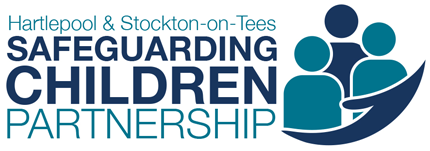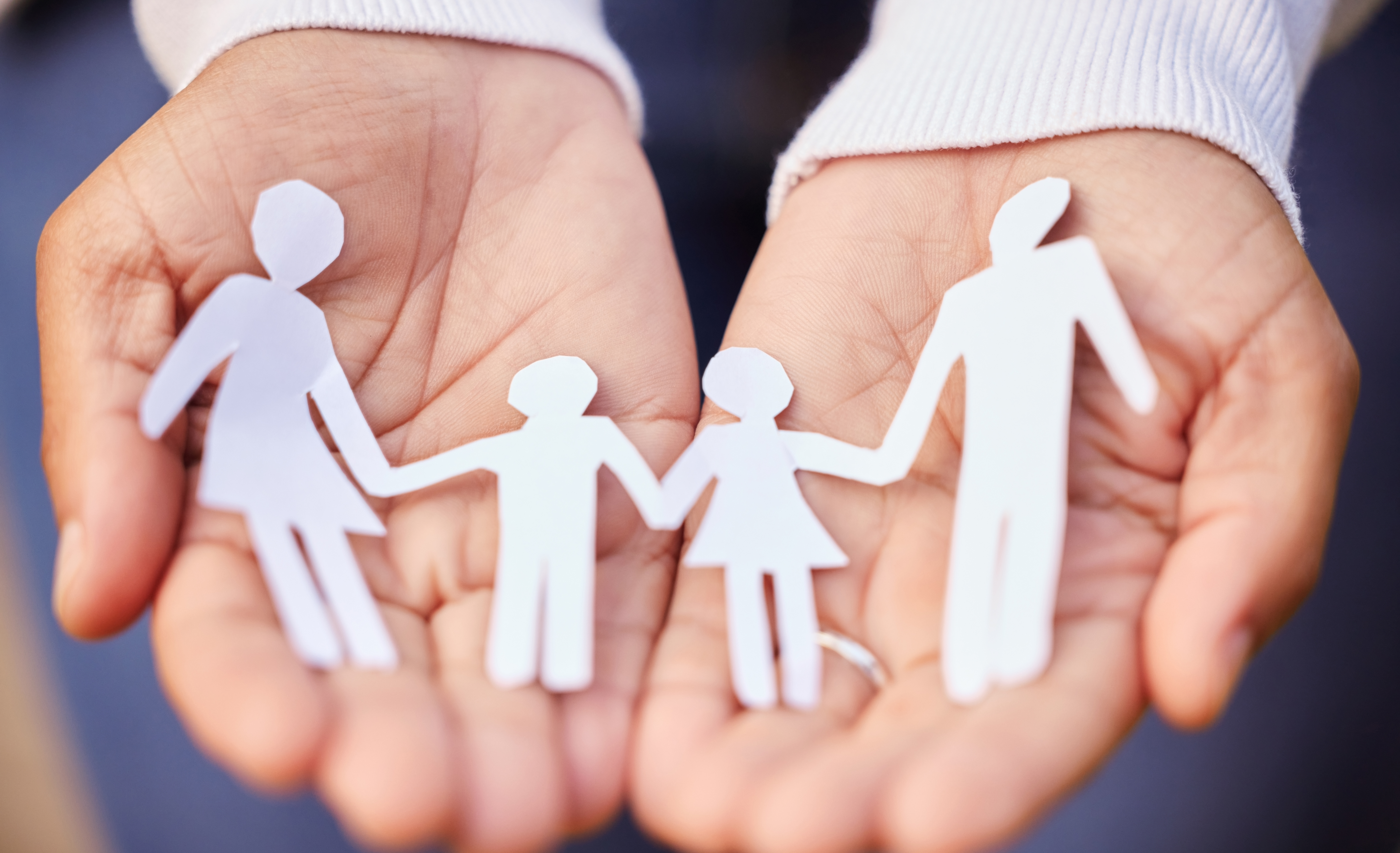Gangs
Young people join gangs for reasons which make sense to them, if not to adults.
The vast majority of young people are not involved in gangs and want nothing to do with them.
However, the behaviour of the small number of young people who are involved has a significant impact on communities, on their families and associates, as well as themselves.
Some reasons why young people may join a gang are:
- Respect and status
- To gain friends
- A sense of belonging
- Excitement
- To find a substitute family
- Power
- Protection
- Money
- Peer pressure
Gangs often leave signs of their presence and your child might adopt some of these signs; either as a member or as an associate of a gang. Any sudden changes in your child’s lifestyle should be discussed.
Signs may include:
- Specific dress style
- Poor behaviour
- Talking differently – new slang or language with an aggressive tone
- Poor school results or skipping school
- Carrying weapons
- Unexplained injuries or sums of money/possessions
- Staying out unusually late
- Graffiti style tags on possessions Interest in music which glorifies weapons/gang culture
- Gangs will often have profiles on social or networking websites like Facebook or Twitter
Girls can be affected by gangs, but their involvement may be harder to spot. They may be asked to hide weapons or drugs, or be targeted by male gang members in acts of revenge or gang initiations. All of this tends to go on ‘behind closed doors’. Girls who are linked to gang members (sisters, girlfriends, friends, cousins, daughters) as well as female gang members themselves, are at risk of emotional, physical and sexual violence. Many girls who are involved with gangs may believe that what they are being pressured, forced or choosing to do is acceptable, even normal. They may not realise that what is happening to them is wrong; they may be afraid of what might happen if they tell anyone and/or they may think that no one will believe or protect them.
Some signs that a girl you know might be involved with a gang include:
- Changes in physical appearance (for example wearing more ‘adult’ clothes, or wearing baggy clothes and no make up)
- Unexplained money or possessions
- Getting involved in fights
- Committing crimes such as shoplifting
- Regularly staying out late or going missing from home
- Abusing drugs and/or alcohol
- Physical injuries (which may indicate violence from others and/or self-harming)
- Refusing to seek medical help for such injuries and becoming fearful and/or withdrawn and/or prone to unexplained outbursts of anger
There are things you can do to help stop your child from being involved in gangs.
- Talk to your child and listen
- Encourage them to get involved in positive activities and to think about their future employment
- Get involved in your child’s school activities
- Know your child’s friends and their families
- Always know where your child is and who they are with Help them to cope with pressure and how to deal with conflict without use of violence
- Speak to them about the serious consequences that occur from violent or illegal behaviour.
- Help them to understand the dangers of being in a gang and find constructive alternative ways to use their time
- Keep lines of communication open
- Be aware of what your child is doing on the internet
- Look for ways of disciplining children that do not involve harshness, anger or violence
- Work with other parents and schools to watch their behaviour
- Contact local voluntary organisations that provide mentoring and other support for young people
- Talk about your child’s behaviour with their school and other parent
If your child is already involved in a gang, they may not want to talk about it or be scared. It is important that they know you want to listen and support them. Make sure they know they have a choice.
- Stay calm. Ask questions, but listen too. Don’t be afraid of confrontation, but try not to approach them with anger and accusations. Try to understand the situation from their point of view and why they have joined the gang. Ask them what you can do to help. Try to agree about what they should do next. Work with them to find solutions and choices.
- Seek help from local community organisations or youth services. They can offer specialist support and programmes to help them leave the gang. (See useful contacts on back page). Contact local support networks such as faith groups or neighbourhood police officers connected to your local school.
The law focuses on criminal behaviour. If an offender was part of a group or a gang, this may lead to a longer sentence.
- If your child’s presence or actions lead to a crime they could be charged with the same offence as the main offender. For example, if they provided support or encouragement to a fellow gang member who committed a robbery or injured someone, they too could be charged with the same offence. This is called joint enterprise
- It is illegal to carry a knife in a in a public place, even if it belongs to someone else
- It is also illegal to carry a folding pocketknife if the edge of the blade exceeds 3 inches
- It is illegal to carry a pocketknife if the blade can be locked
- It is illegal to carry any knife, including folding knives, if there is intent to use it as a weapon, even if it belongs to someone else
- The maximum sentence for possessing a knife in a public place without a good excuse has been increased from two to four years for 16-17 year olds and adults
- It is illegal to keep any prohibited firearm, or to carry any firearm – including an imitation – in public, even if you are carrying it for someone else
- The maximum sentence for unlawful possession of a prohibited firearm is ten years.
- The minimum sentence is three years for 16-17 year olds and five years for adults
- Police can and will search someone if they believe they are carrying a gun, knife or other weapon
- Police and school staff can also search young people for weapons at school.
Committing crime and ending up with a criminal record will affect the rest of your child’s life. Having a criminal record can prevent a young person getting a job, going to university or college, or even travelling abroad.



